Amid all the furor over Islamic terrorism in the United States, a few themes are ignored: the role of friends and family of terrorists, and how well the U.S had treated many of those who went on to kill Americans.
Take, for example, the family members of Tashfeen Malik and Syed Rizwan Farook, who recently murdered 14 people and wounded 21 in San Bernardino before being killed by police. The New York Times recently contacted Malik's sister in Pakistan, Fehda Malik, who insisted that her sister was not an extremist, "She knew what was right and wrong," Fehda Malik said.
Farook's father gave an interview to the Italian newspaper La Stampa shortly after his son's murderous rampage. He matter-of-factly remarked, "My son said that he shared [Islamic State leader Abu Bakr] al-Baghdadi's ideology and supported the creation of the Islamic State. He was also obsessed with Israel."
If true, the elder Farook, who was welcomed into the United States as an immigrant from Pakistan, knew before the killings that his son was an advocate of the Islamic State. He apparently kept quiet about it.
For that matter, what are we to make of Farook's mother, who lived in the same rented townhouse with the two killers? She claimed that she knew nothing of her family's bomb-making and stockpiling of weapons inside the small home. Farook, it should be noted, enjoyed a comfortable job with the state of California.
The parents of the Boston Marathon bombers are Dagestan natives and former Chechnya residents who applied for asylum to the United States after spending time here on a tourist visa. They claimed the family was in danger back in Chechnya.
The Tsarnaev family was welcomed in Boston and at times enjoyed liberal public assistance -- at least until the two sons, Tamerlan and Dzhokhar, one a recipient of a college scholarship, murdered three and wounded more than 260 during the 2013 Boston Marathon.
Recommended
Before the bombing, Russian intelligence had warned U.S. authorities about the radicalization of Tamerlan and, reportedly, his mother. Shortly after the bombings, the Mr. and Mrs. Tsarnaev moved back to Chechnya, apparently without facing the dangers that they claimed had forced them to move to America in the first place.
The bombers' mother, Zubeidat, had lots to say about her once-adopted United States after her surviving son, Dzhokhar, was convicted of 17 capital charges. The Tsarnaevs, Zubeidat exclaimed in a social-media message to friends, would be "the ones who will rejoice when Allah grants us the chance to behold the U.S. in the flames of an eternal and terrifying fire, an otherworldly flame."
Perhaps no terrorist has done more damage to the United States after 9/11 than the late Anwar al-Awlaki, the al-Qaida propagandist and U.S. citizen whose father emigrated from Yemen after being awarded a Fulbright Scholarship to study in America.
Before al-Awlaki was killed by a drone in Yemen in 2011, he had been the spiritual advisor to three of the 9/11 hijackers; to Army Major Nidal Hasan, who killed 13 of his fellow Fort Hood soldiers; and to Umar Farouk Abdulmutallab, who tried to blow up a Northwest Airlines plane on Christmas Day 2009.
Al-Awlaki's father, Nasser, frequently defended his son, denying that he had any ties to radical Islamic terrorism.
In almost all of these cases there is a monotonous narrative. Muslims arrive from abroad, often citing dangers at home and new opportunities in America. They are treated well, frequently being offered public assistance, university admittance, scholarships or government jobs. Their children become "radicalized." (Note that this is a passive term rather than an active one -- as if mysterious forces rather than free will turn someone into a killer.) After the murders, relatives claim that they knew little of such transformations. On occasion, they contextualize the violence.
It seems inconceivable that family members could be oblivious to the radicalization of a loved one when it transpires right under their noses -- particularly in the cases where a parent's U.S.-born children visit the Middle East and come back radicalized, with the change noted by friends but supposedly not by immediate family. The idea that close relatives do not know about the Islamic extremism of their kin is as absurd as it is dangerous to the security of the United States.

















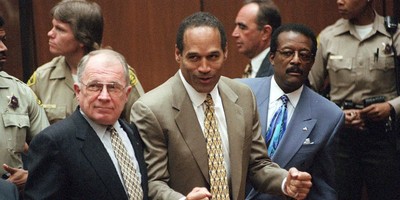
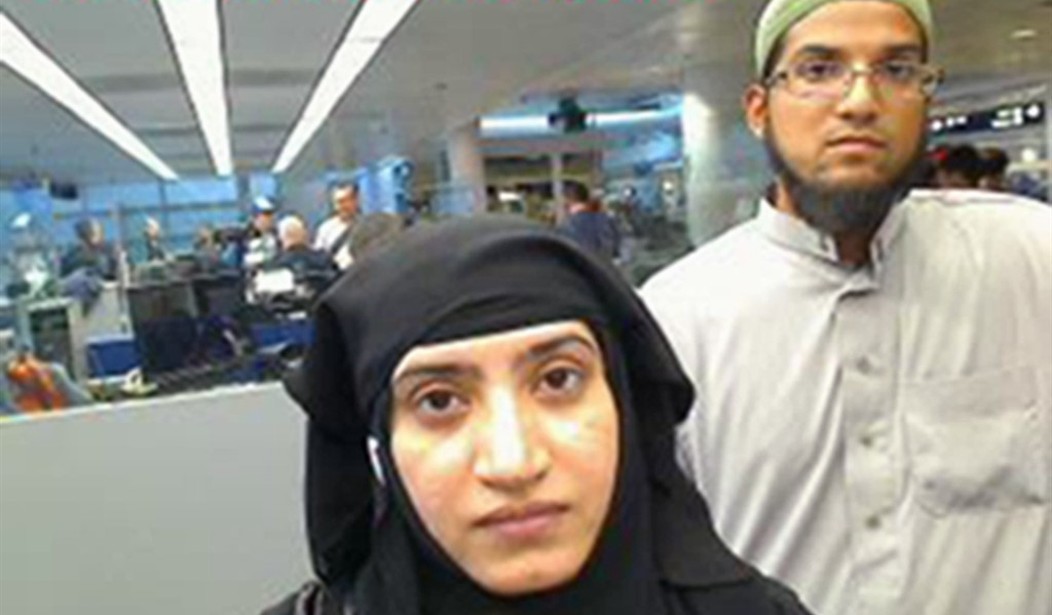



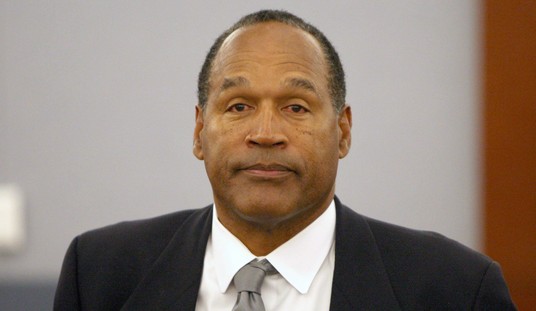
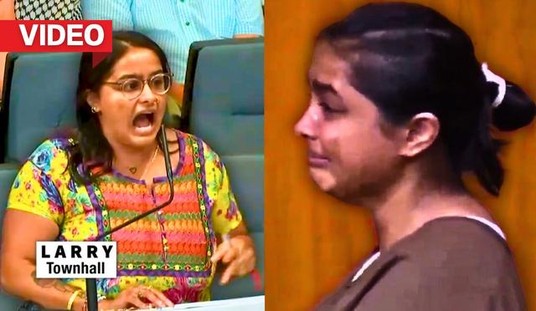
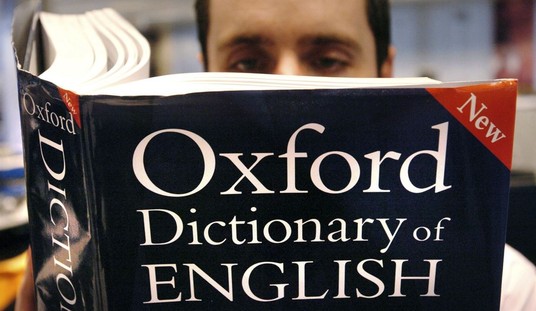
Join the conversation as a VIP Member